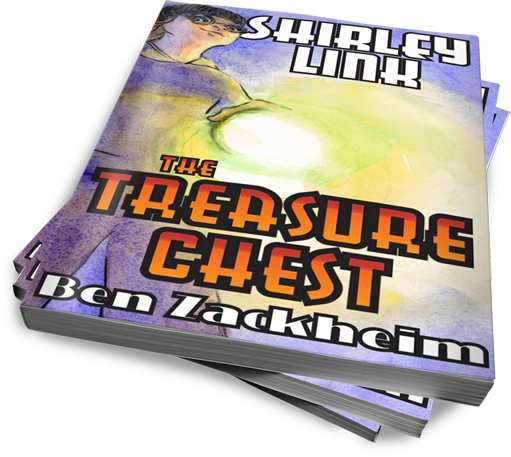
by Ben Zackheim | Feb 12, 2014 | Writing |
I’m like billions of people

I love Star Wars
[divider divider_type=”gradient”][/divider]
I’m like millions of people
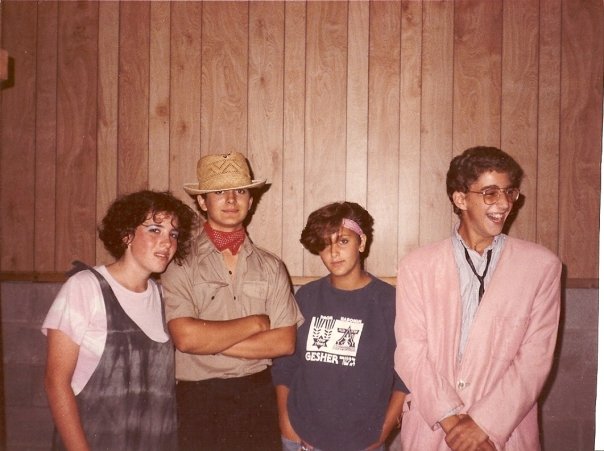
I loved my teens – heartbreaks, embarrassments, and all!
[divider divider_type=”gradient”][/divider]
I’m like thousands of people
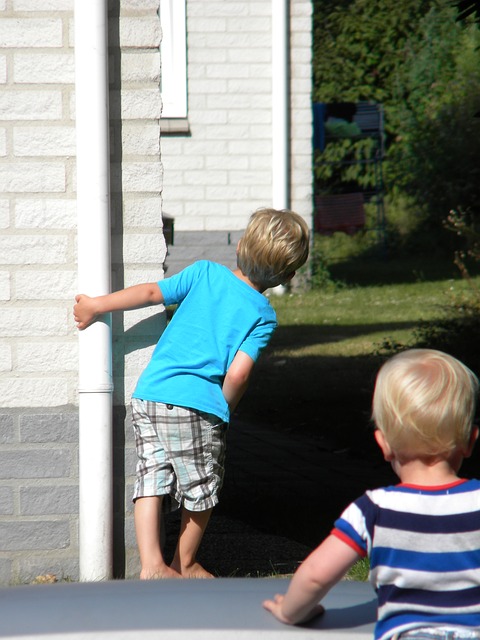
My first memory is of a hide and seek game
[divider divider_type=”gradient”][/divider]
I’m like hundreds of people
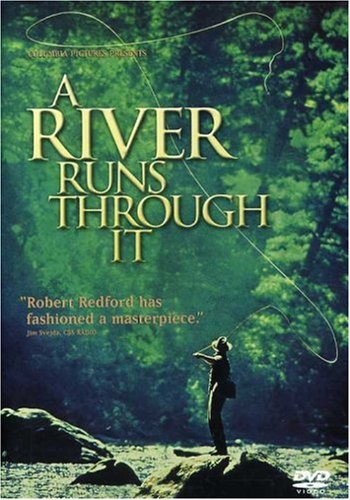
I got to work on two Robert Redford movies
[divider divider_type=”gradient”][/divider]
I’m like dozens of people

I live on Hidden Ledge Drive
[divider divider_type=”gradient”][/divider]
I’m like no one else
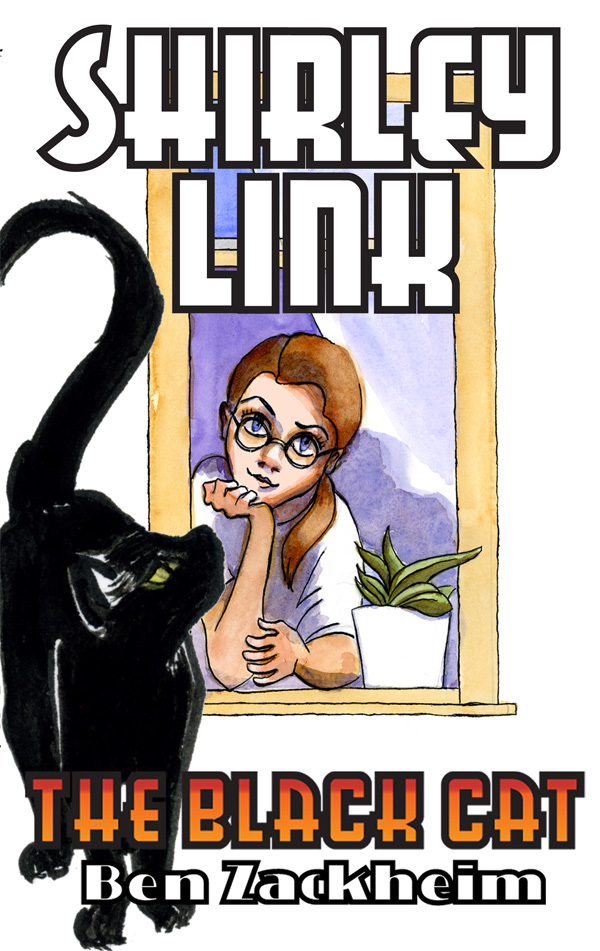
I write the Shirley Link mystery series
[divider divider_type=”gradient”][/divider]
I’m not even me

When I write
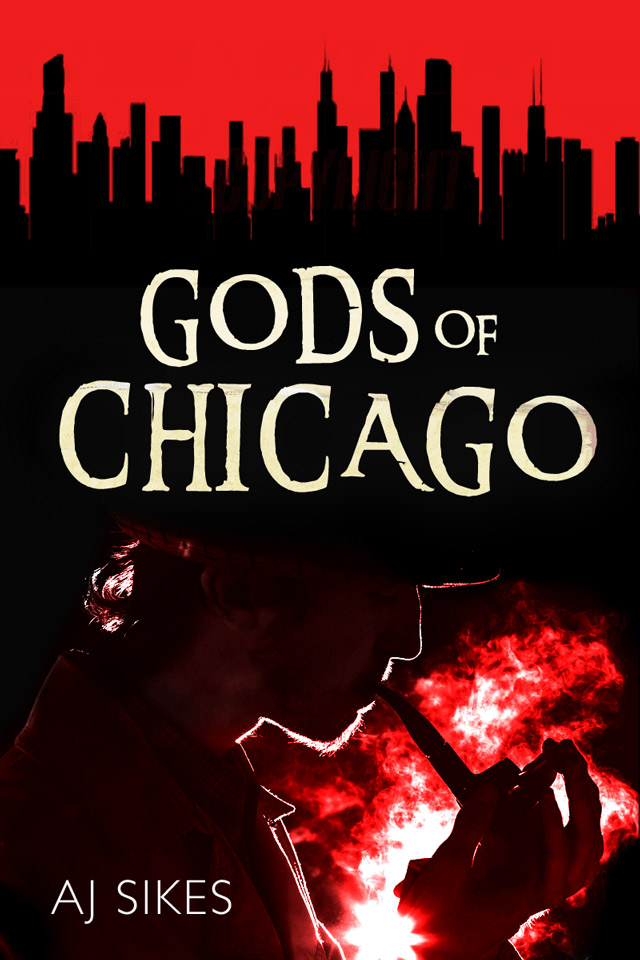
by Ben Zackheim | Feb 11, 2014 | Writing |
Ever thought about serializing your novel, or writing a serial from scratch? Yeah, me too. I’d like to welcome AJ Sikes to the blog with his post on serialization.
Enjoy, and please let us know your take on serialized stories.
Here’s Mr. Sikes!
Hello Everyone!
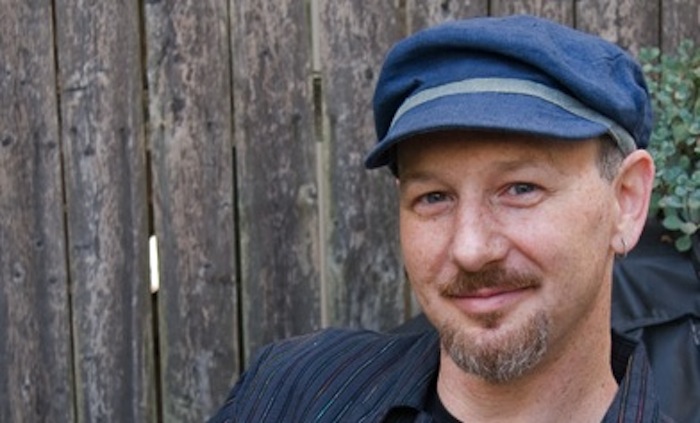
Many thanks, first of all, to Ben for offering a guest spot on his blog. This marks the second post of my tour promoting Gods of Chicago, a noir urban fantasy that was released in serial format and will soon be available in omnibus and POD editions (release date Feb. 14th!) My first post on this tour was at Zoë Markham’s blog where I talked about the decision to go serial.
Getting down to brass tacks, Ben thought my experience in writing and publishing a serial would be of interest and help to his readers, hence the title of this post. A bit of what I’ll say here is an echo of comments I made on his blog last Monday. But I also share some thoughts on how the serial process can help newer writers test the waters, and especially as regards independent publishing (self and small press).
Lesson One: Write the whole story first.
1. You can put just the first episode out or launch episode 1 and 2 simultaneously, which is what I did. This lets readers get a taste of your writing on the cheap (each episode is just $0.99), and without too much investment of time (each episode comes in at around 15K-20K words, a good read-before-the-lights-go-off chunk of story). Isn’t the point of a serial that it be written in segments? Well, yes. Back when Dickens was doing it, that is how it worked. Edgar Rice Burroughs’ experience with serialization is closer to what I did with Gods of Chicago. Having a full novel ready to go before launching a serial provides a two-fold benefit.
⁃ Based on feedback from your early readers, you may find you need to put the episodes out more quickly than you’d planned.
⁃ Also, serial stories aren’t all the rage these days (though they’re gaining popularity). Readers seem more comfortable getting a story all in one go. For my future efforts, I’ll be doing the full season release, which is what other serial authors seem to be doing now.
2. With the full novel in hand, you lighten the workload when publishing. You’ll tackle all the formatting at once, if you’re doing it yourself. If you’re using a professional formatting service (highly recommended!), they’ll appreciate getting the entire project in one delivery.
⁃ Come publication time, you’ll appreciate having all your ducks in a row.
I had the benefit of working with a publisher who handled cover design, formatting, and uploading of each episode. If you can secure such an arrangement, you should. Unless you’re the kind of person who has access to and can use all the software necessary.
One caveat here: Be wary of sites offering “assisted self-publishing” as these may, in fact, be vanity presses in sheep’s clothing. If you’re paying a publisher for a service, and that publisher is also asking for rights and a share of the royalties, you may want to reconsider signing the contract. Writer Beware is a great resource for new writers looking to avoid pitfalls in publishing. The site is maintained and geared toward the genre fiction community, but writers of any stripe can benefit from a quick read through the archives.

Lesson Two: Invent a time machine so you can read Ben’s blog on KDP Select before you publish
Seriously. ICYMI, Ben did a fantastic two-part blog on the benefits to be had by signing up with Amazon’s KDPS program. Part 2 is here.
I’m a big fan of the transparency among members in the independent author community. Hugh Howey and Joe Konrath in particular have been incredible about sharing the behind-the-scenes details that most authors could only hope to guess at. Even as recently as two years ago. So, I’m happy to share what I’ve learned through my sales, meager though they are.
Kindle users account for the majority of my sales. Month of January sales total 18, split evenly between Amazon.com and Amazon.co.uk, with only episodes 1-3 purchased. Month of February sales total 6 so far, solely from the UK site, with one sale of each episode 1-5.
I’ve sold a total of 3 copies through Kobo. Zilch on B&N and iTunes.
Now, a lot (all) of these abysmally low figures are due to my lack of a significant marketing push, which was, to some extent, intentional. I made announcements in the forums and Goodreads groups I frequent. I talked to potential readers, and I made some noise on Twitter (and thanked every last person who helped boost my signal). But I didn’t advertise or try to flood the airwaves with news about my book.
The goal with the serial was to attract a few early readers and begin building another piece on the platform around my book. I’ve been active online and within the writing community for about two years. I’ve got a personal website for my editing services, which includes a page devoted to my writing. So my efforts at building an author’s platform weren’t restricted to the serial release, and that’s an important point for new authors to consider. It’s what we hear so often…the real work begins after the book is published.
Contrasted with the serial release, for the omnibus/POD release I’m tracking down advertising channels, doing a blog tour (Thanks again, Ben and Zoë!), and plan to use Amazon’s machine to do a lot of the marketing for me through KDPS. I also expect to have monthly deals to plan for, and special promotions to run.
That’s a wrap here. I’m lining up stops on the tour through the month. If any writer- readers would like to host me, I’ll happily provide an edit of your first chapter (up to 5K words) in exchange. The only date I have set is February 24th, where I’ll talk about self-editing tips over at mystery writer Elizabeth Spann Craig’s blog.
If any readers have experience with serial publishing, what did you learn?
BIO:
Aaron Sikes (writing as AJ Sikes) is a writer of weird noir fiction and a freelance editor serving the community of independent authors. His stories have been published by Xchyler Publishing, KnightWatch Press, and Fox Spirit Books. Follow him @SikesAaron and sign up for the Gods of Chicago newsletter to get the latest updates on Mitchell Brand’s adventures and story world extras. If you need editing assistance with your manuscript, please stop by his website.
You might like these posts:
WordPress for writers and authors
Top 5 writing contests
Why you should run a Goodreads contest
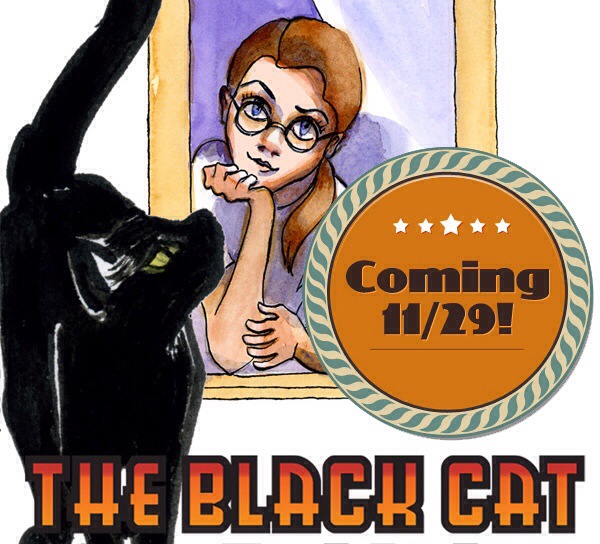
by Ben Zackheim | Nov 29, 2013 | Shirley Link & The Black Cat, Writing |
 Our hometowns leave an impression. They help us define ourselves, for good or ill. My hometown of Santa Fe, NM was like a faceless fifth member of the family. I alternated between hating it and loving it, like a sibling who read my diary and then gave me a thoughtful birthday present. Its alternate routes, and hidden alleys and beautiful views and eccentric homeless citizens made for an adventurous childhood.
Our hometowns leave an impression. They help us define ourselves, for good or ill. My hometown of Santa Fe, NM was like a faceless fifth member of the family. I alternated between hating it and loving it, like a sibling who read my diary and then gave me a thoughtful birthday present. Its alternate routes, and hidden alleys and beautiful views and eccentric homeless citizens made for an adventurous childhood.
It was a good place to grow up and a horrible place to grow up. It had awful schools, which I miraculously avoided one way or another, and an intense friction between the Latino, White and Native American populations. It also had the richest cultural life in America, with a fascinating history and artists in every other house. Its winters were cold and snowy. Its summers were hot and dry. Its springs were rainy, the air filled with the smell of oncoming storms. There was a silence that spoke to you. There was poverty that could take your breath away.
It’s incredible that we all see these elements in our hometown. Maybe you grew up somewhere that was the exact opposite from where I did. A rural town maybe. Or a big city. But I bet you had the same extremes, and I bet they helped define you and how you see the world around you.
I was lucky. I ended up loving my hometown. I still yearn for it and all it promises. I see where it falls short, and I still love it. But so many people I know can’t stand where they came from. They’re out and they’re never going back. I wanted to explore that dynamic in a Shirley Link book to better understand it. I also wanted to tell a story, a hopeful one, to kids who are struggling with where they are.
In Shirley Link & The Black Cat, a young man, 17, and his girlfriend, also 17, are the prime suspects in a string of robberies. There’s very little evidence, if any, that they did anything wrong. But that doesn’t stop everyone, even Shirley for awhile, from jumping to conclusions. I tapped into a deep sadness as I wrote about them. They were flawed — mean, odd, petty. But they were that way for a reason. They’d constructed incredibly complex and effective weapons against their community, which, for whatever reason, decided they were outcasts. And they found each other so they could have something in their lives that wasn’t mean, odd or petty.
As I wrote this growing up story I rooted like hell for them. I didn’t know what would happen. It wasn’t mapped out. In the end, I depended less on my need for a happy ending than I did on my ever-developing sense of what we need from our youth. We need support and understanding. We need company. We need community. Either our family, school and hometown provides these things or they don’t. And if they don’t? My conclusion is that we still gravitate toward what will make us feel kind, loved and understood.
It made for the most realistic adventure in my middle school reader series. There are no pirates, or magic safes, or valuable comic books. Just two teens caught in a mess. And a fourteen year old amateur sleuth who wants to help, and who grows up a little bit in front of our eyes.
by Ben Zackheim

by Ben Zackheim | Sep 1, 2013 | Writing |
Having a claw for a hand wasn’t so bad. Its prongs could grasp any surface. In fact, Sam had enough control to pick up an egg or crush a head, which is what he was doing.
The scream strained the average eardrum. Underling scientists whined in the corner of the lab. Sam’s victim was the scumball who cut his hand off, among other things, and used him as an experiment. No permission asked.
He deserved a death that treated him like dirt.
“Why?” Sam growled. The prong that was his new middle finger prepared to burst through the guy’s cranium.
“Oh God! It was a step!” he shrieked. He saw that Sam was listening. “A big step. One more Disposable and we…EVERYONE can live forever in steel bodies!”
“One more Disposable, huh?”
Sam broke his arms and tossed him to the scientists.
“Yay. There’s your Disposable. Get to work.”
[jetpack_subscription_form]

by Ben Zackheim | Aug 31, 2013 | Writing |
Mom always thought Jungle Jim was creepy, but I liked him. He sold ice cream and said hi to every kid in the playground. Sometimes, when a bunch of us said hello at the same time, he twirled in circles howling, “HELLOOOO!”
We laughed hard at that. The kids did. The grownups acted like they didn’t trust him.
The truth about Jim came out when Allison disappeared from the playground.
Her Dad was frantic.
He screamed, “ALLLLLLISOOOON!”, twirling around like Jim.
“Daddy?” Allison was across the street. I bet she was staring at toys in Walgreen’s window.
She crossed back without looking.
A car turned the corner, fast.
Jungle Jim jumped into the street and fell into Allison hard enough to knock her away.
Now he’s in the hospital. He’ll be okay. Allison’s dad is using his vacation to sell ice cream for Jungle Jim.
I think that’s super nice.













